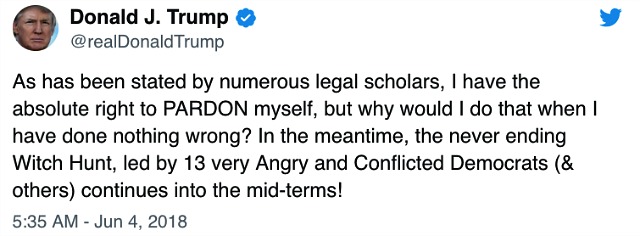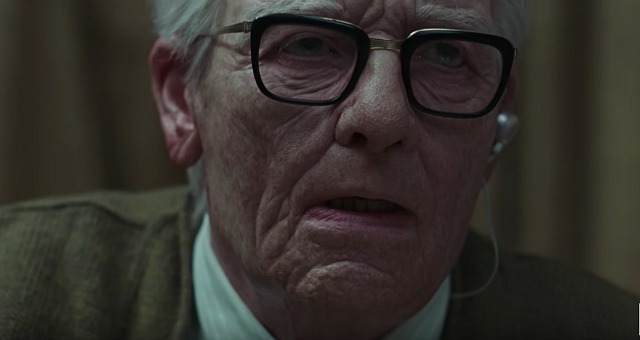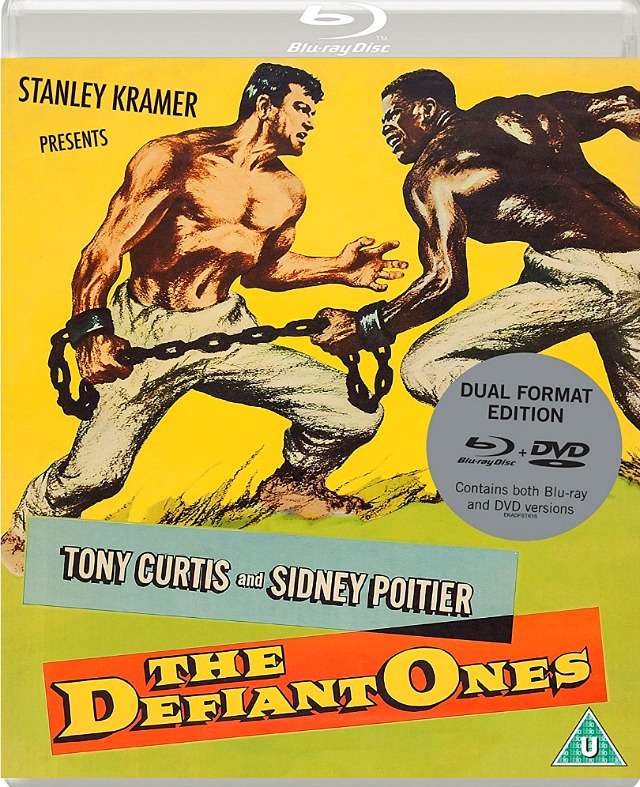Here are two brilliant post-Solo-catastrophe riffs, but be honest — would The New Yorker and Variety have run these assessments if Solo had somehow connected and become a huge hit a la Last Jedi?
From Joshua Rothman‘s “The Growing Emptiness of the Star Wars Universe,” posted in The New Yorker on 5.31.18: “Early in William Gibson’s novel ‘Pattern Recognition,’ from 2003, Cayce Pollard, a highly paid professional ‘coolhunter,’ wanders through a London department store. Pollard is hypersensitive to the semiotics of brands: when a product is lame, she feels it physically, as a kind of pain. In the basement, she stumbles upon a display of clothes by Tommy Hilfiger. Recoiling from the ‘mountainside of Tommy,’ she thinks, ‘My God, don’t they know?’
“This stuff is simulacra of simulacra of simulacra. A diluted tincture of Ralph Lauren, who had himself diluted the glory days of Brooks Brothers, who themselves had stepped on the product of Jermyn Street and Savile Row…but Tommy surely is the null point, the black hole. There must be some Tommy Hilfiger event horizon, beyond which it is impossible to be more derivative, more removed from the source, more devoid of soul.
“I thought of this scene this weekend, after watching Solo: A Star Wars Story. “Solo” is an entertaining movie, with engaging performances, vivid production design and enthralling action sequences. It’s also distressingly forgettable — it’s about nothing, an episode of Seinfeld with hyperdrive.
“In ‘Pattern Recognition,’ Pollard wonders if Hilfiger’s blandness might be the source of his appeal: where most preppy clothes are freighted with meaning, Tommy allows you to look preppy without actually being that way. Similarly, Solo evokes Star Wars without quite being it. It isn’t the ‘null point’ of the franchise, but it’s close.”
From Owen Gleiberman‘s “Why the Tanking of Solo is a Force of Darkness for Star Wars,” posted by Variety this morning:
“There have now been 10 Star Wars films, and right up until Solo, each and every one of them produced the kind of box-office grosses that were potent enough to bend the universe with the magnetic power of their the-whole-world-is-watching! hegemony.
Read more










